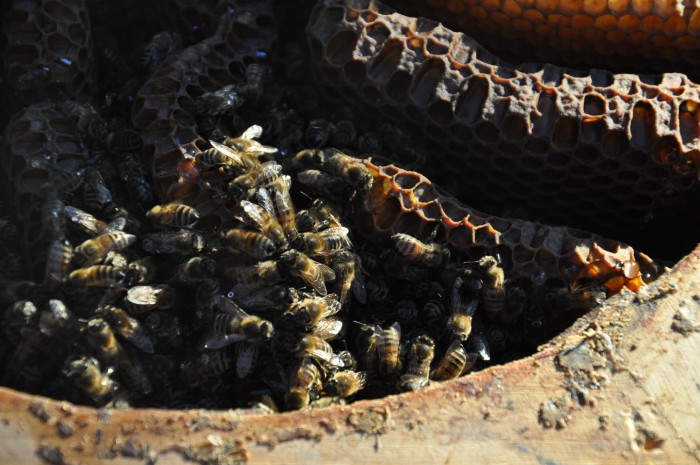In responding to Eduardo Kohn’s recent scholarship on How Forests Think, Bruno Latour has written:
The test is still to come: how could an ethnographer … equipped with such a philosophical anthropology find ways to make his or her ontological claims understood in negotiating what a forest is made of, when faced with forestry engineers, loggers, tourists, NGOs, or state administrators? (2014: 265–266)
Indeed, I wonder the same thing. How might anthropology’s recent “posthuman” and “multispecies” turns be useful? These ontologically inspired theories elegantly dismiss the duality of nature/culture and hold forth a vision of symmetry in the world, yet doing so, as Lucas Bessire and David Bond have argued, is an “unmoored form of speculative futurism” that sidesteps the political and historical realities of life (2014: 441). So I wonder, in politically and historically forged spaces, how can these theories be made useful? Exploring the practical value of anthropology’s recent posthuman/multispecies approaches in politically charged agricultural border zones, such as to aid the honeybee populations who face dire global collapse, is precisely what I wish to do.
Read More “A Research Question: Bees, Theories, and Whether Posthumanism Comes to Matter”

